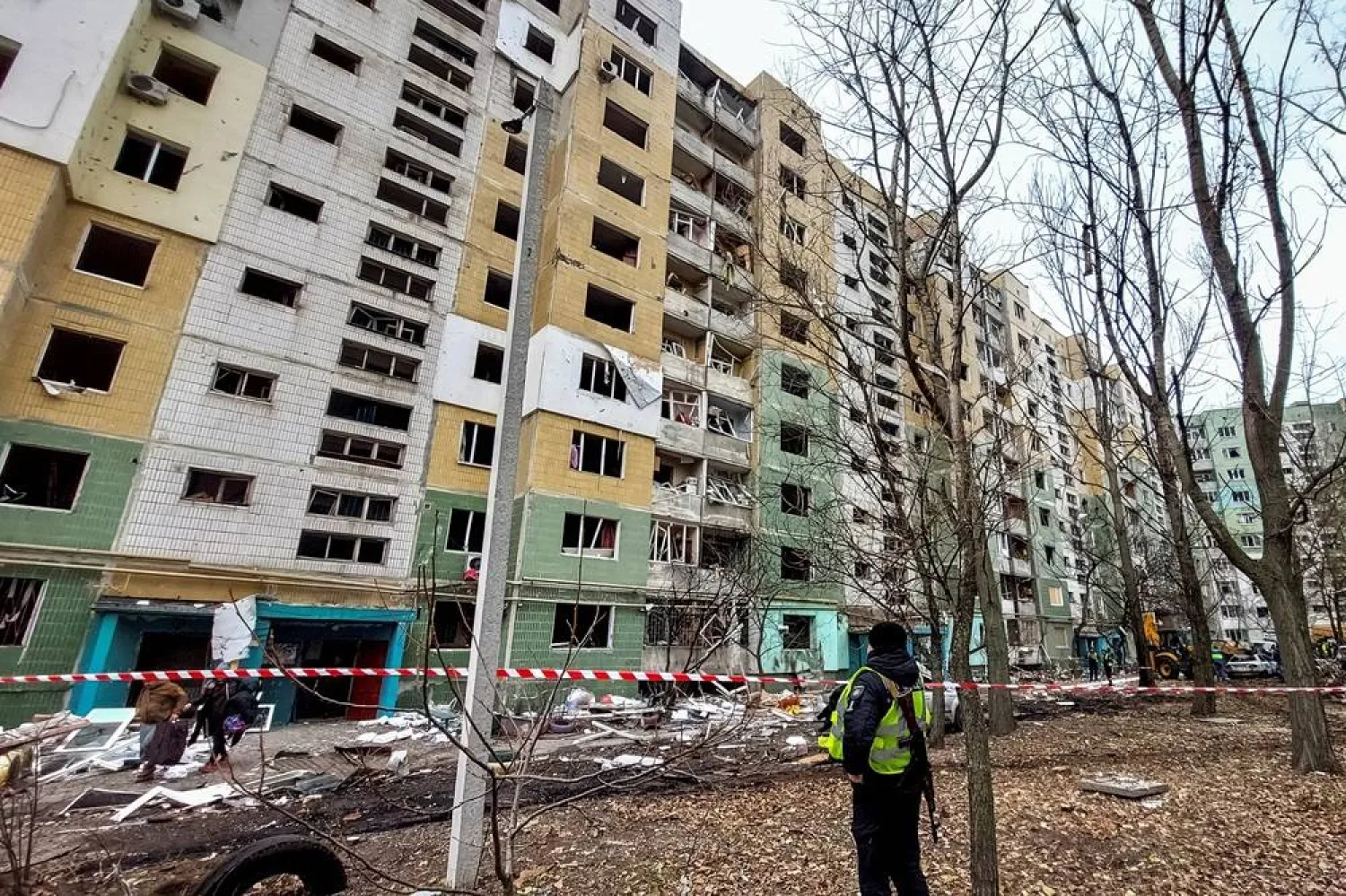Seven people were killed, including a child, in a drone attack by Russia on Ukraine's northeastern region of Sumy, Ukrainian President Volodymyr Zelenskiy said on Tuesday.
"Every new Russian strike only confirms (Russian President Vladimir) Putin's true intentions. He wants the war to continue, he is not interested in talking about peace," Zelenskiy said.
The drone attack overnight on a residential building in the small town of Hlukhiv bordering Russia left 12 people wounded, including two children, the military administration of the Sumy region said on the Telegram messaging app.
A video shared by Zelenskiy showed emergency workers sifting through the rubble of the partially destroyed building as search and rescue operations continued into the morning.
The regional military administration said that Russian forces used two drones in the attack.
Ukraine's air force said it shot down 51 drones and lost track of 30 more after Russia launched 87 drones overnight.
Russian forces have pummeled the northeastern region of Sumy in the past months, damaging its critical and civilian infrastructure.
A Sunday missile strike there killed 11 people, injured 89 and cut power in the city of Sumy.









